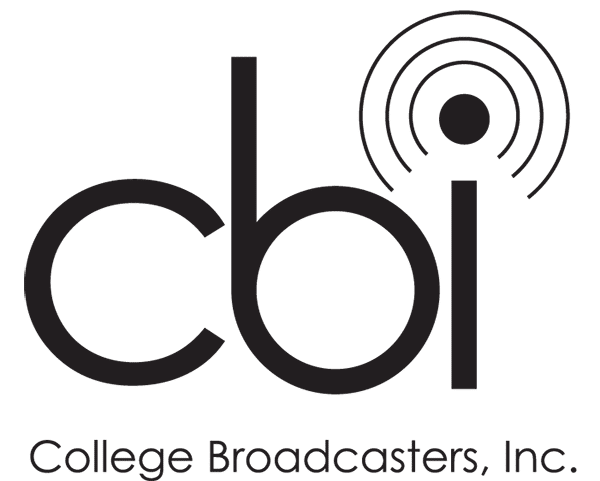Web III Appeals and Remand
Last Updated on July 7, 2012 by Will R
UPDATE August 2015.
The issues discussed below now seem to be moot as IBS appealed the outcome of the remand proceeding and the court rejected the arguments of IBS outright. See http://1.usa.gov/1IWwT3v. In short, the only option left appears to be for IBS is to appeal the court to the SCOTUS. All indications are that this is not likely to happen. While it is our non-legal opinion that it will not happen, those who have followed advice to not pay until this is resolved, have placed themselves in a position of copyright infringement with potentially HUGE financial damages.
Contact CBI and learn how to become compliant and remain compliant with webcasting rules.
The United States Court of Appeals for the District of Columbia Circuit (court) has made a ruling in the case of Intercollegiate Broadcasting System, Inc. (IBS) v. Copyright Royalty Board (CRB) and the Library of Congress (LOC). CBI made an appearance in this proceeding in order to comment upon the validity of its settlement with SoundExchange which was adopted by the CRB. CBI also reached a settlement under the Webcaster Act of 2009. The later is not impacted by this ruling.
What was the appeal about?
IBS appealed the CRB Webcasting decision for the rate period of 2011-2016 (Web III) on three grounds.
- The board’s final determination is void because unappealable.
- The board is unconstitutionally constituted.
- The board erred in failing to treat small educational webcasters as a distinct type of non-commercial service.
With respect to the first ground, the court decided that “we need not address this objection because it has no bearing on Intercollegiate’s case” because the basis of the claim from IBS was that the court did not have the ability to rewrite the CRBs decision, but no party to the proceeding asked the court to rewrite the decision (“no party has asked us to enter our own determination, but rather to review the decision for compliance.”). The court also stated, “We note, incidentally, that power to make our “own determination” would appear to present no problem on an issue as to which the law permitted only one option.”
This is where it gets a little complicated. On the second matter, the court agreed with IBS (primarily based on previous arguments untimely raised by others) about the constitutionality of the CRB. The court had a number of potential remedies available to it. Some of those options could have been very problematic and the court realized that when they stated, “accordingly provide a remedy that cures the constitutional defect with as little disruption as possible”. The court decided to invalidate a portion of the statute that restricts the ability of superiors (namely the LOC) to remove judges in order have the board be constitutional constituted. Going forward, this removes any further potential appeals of the CRB decisions based on the constitutionality of the board. There have been previous appeals on this issue, but they were not addressed because , as the court said, “we never resolved them because they were not timely raised by the parties.”
Now that the court has seemingly resolved the issue of constitutionality of the CRB, the issue that remains is the third claim by IBS. “The board erred in failing to treat small educational webcasters as a distinct type of non-commercial service.” The court said, “[fusion_builder_container hundred_percent=”yes” overflow=”visible”][fusion_builder_row][fusion_builder_column type=”1_1″ background_position=”left top” background_color=”” border_size=”” border_color=”” border_style=”solid” spacing=”yes” background_image=”” background_repeat=”no-repeat” padding=”” margin_top=”0px” margin_bottom=”0px” class=”” id=”” animation_type=”” animation_speed=”0.3″ animation_direction=”left” hide_on_mobile=”no” center_content=”no” min_height=”none”][b]ecause the Board’s structure was unconstitutional at the time it issued its determination, we vacate and remand the determination and do not address Intercollegiate’s arguments regarding the merits of the rates set therein”.
There are some interesting items to note. The court did not specify how the CRB should handle the remand. In a previous court decision that remanded a CRB decision, the CRB did not have procedures in place to handle a remand. As a result, the CRB created the following regulation.
37 CFR § 351.15
Remand.
In the event of a remand from the United States Court of Appeals for the District of Columbia Circuit of a final determination of the Copyright Royalty Judges, the parties to the proceeding shall within 45 days from the issuance of the mandate from the Court of Appeals file with the Judges written proposals for the conduct and schedule of the resolution of the remand.
There are also a number of parties to this case and any of them could decide to further litigate the issues at hand before the CRB has an opportunity to open proceedings on the remand.
Updates: On 8/20/2012 IBS filed an appeal of the courts decision with the court en banc. On 8/28 that appeal was denied. No other parties appealed the decision of the court. This matter will likely now go to the CRB for rehearing or be appealed to the Supreme Court.
It is also interesting to note that the composition of the CRB has changed since its determination in this case. The Chief Judge has been replaced.
This ruling has also sparked discussions in legal circles about the impact of the ruling as it could be read as very vague and not only impact the rate setting proceeding at hand, but ALL decisions the CRB has ever reached. Additional speculation includes that this ruling could impact other administrative judges.
This remand will likely result in various parties, including CBI, filing proposals concerning the conduct of the proceeding and what issues are ripe for consideration and even potentially some parties filing an appeal to the court or even the Supreme Court. Regardless, the CBI-SX settlement under the Webcaster Act of 2009 (with nearly identical terms to the CRB adopted regulation) is NOT subject to review by the CRB and still stands. The adoption of that settlement by the CRB (with minor changes) could be called into question.
SoundExchange collects the annual minimum fee every year in January. Assuming that your station paid in January, 2012, you are likely current and this ruling will not have an immediate impact on you. CBI will provide additional information as warranted. If you have questions, please contact us.
Watch this space for updates and additional interpretations of the ruling from the court as this is an initial assessment from a non-lawyer who is not offering legal advice, rather informed opinion.
To read the actual court documents, click the links below.
20120706_judgment 20120706_order 20120706_ruling
Some relevant articles:
JDJournal Thomson Reuters techdirt RAIN Thomson Reuters
Appeal to the Supreme Court – Denied
Unhappy with the way in which the appellate court fixed the problem with CRB and having lost the appeal with the court, IBS filed a petition on January 25th to have the Supreme Court of the United States hear an appeal of the appellate court’s decision. On May 28, the court denied the request.
So what happened after the Supreme Court denied the appeal?
The Web III remand the was required the CRB to revisit the Web III decision. On April 25, 2014, the CRB issued their final rule and order in the remand proceeding which upheld the previous decision, in its entirety with respect to student stations.
Observations.
There were some very interesting comments in the Web III proceeding concerning claims made by IBS.
“Undermined Its Credibilty by Advising Webcasters to Violate the Law.”
“As recently as February 2010, IBS indicated to its members that IBS membership included an “IBS facilitated Webcasting License for 2010.” “As Judge Sledge and Judge Roberts both noted, this so-called Webcasting License would “confuse” IBS members and give them the impression they were not required to pay SoundExchange.”
“IBS advised its members that they could choose to continue streaming without complying with the statutory license. IBS stated on its web site that “Some IBS Members May Decide to Defer Impracticable Royalty and Reporting Terms Pending Conclusion ofIBS-RIAA/SoundExchange Negotiations.
IBS Members should keep webcasting, enjoy the education benefits of web casting, and relax.””
“With respect to the Webcasting II decision, IBS’s web site said that “IBS Members remain protected by IBS. IBS Members should do nothing until they receive written advice from IBS.” This incorrect information remained on IBS’s web site for at least seven months.”
“IBS advised its members to violate statutory law”.
These quotes are from SoundExchange in a filing made before the CRB (see pages 156 and 157).
As of this update, the IBS website does not overtly claim a “facilitated Webcasting License”, put there is a brief mention in a newsletter “Remember, being
an IBS member means your station no longer has to pay SoundExchange!”, however it does not offer any proof to the claim.
IBS also states on this page, “At this time IBS Members in 2013 are not mandated by the CRB to pay a minimum fee to SoundExchange.”, but again, IBS nothing to substantiate the claim. Even if it was true as of the date of the remand, it appears stations would be required to pay for payments missed once Web III becomes final for all of the years they did not pay. If true, this would also suggest that those stations would have some additional problems because they did not pay a proxy fee for not reporting or failed to report.
Meanwhile, the process of Web IV has commenced.
If you have questions concerning the issues on this page, you are encouraged to contact us.
[/fusion_builder_column][/fusion_builder_row][/fusion_builder_container]



